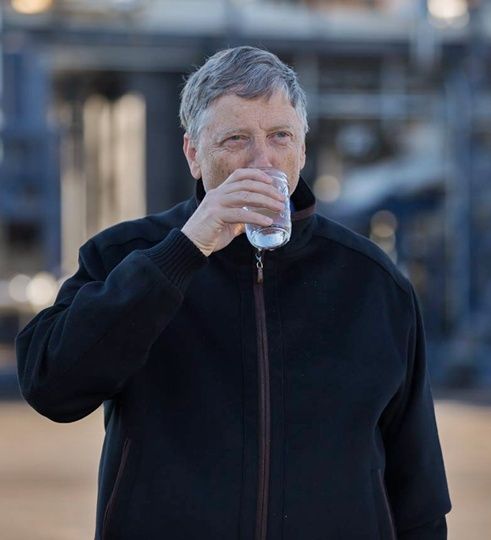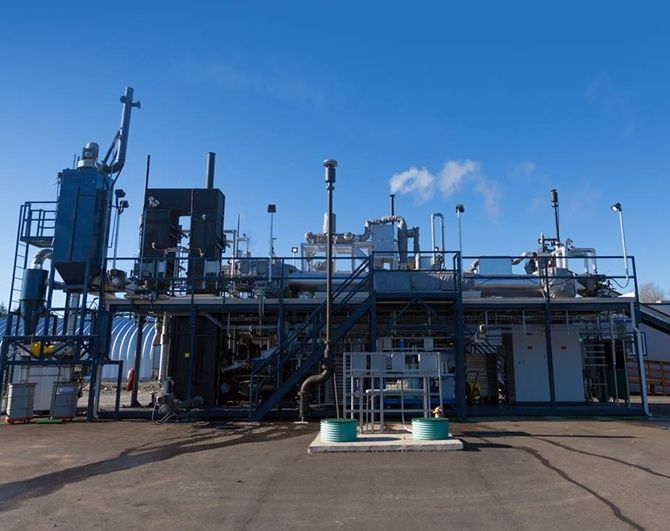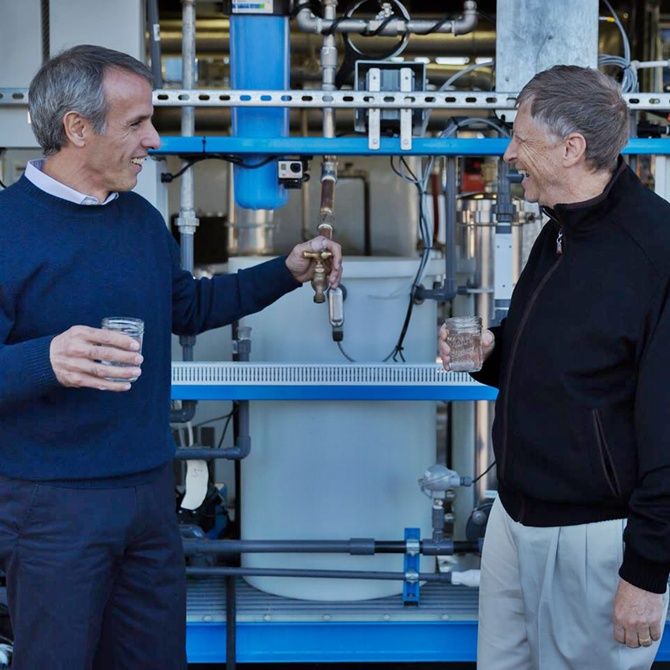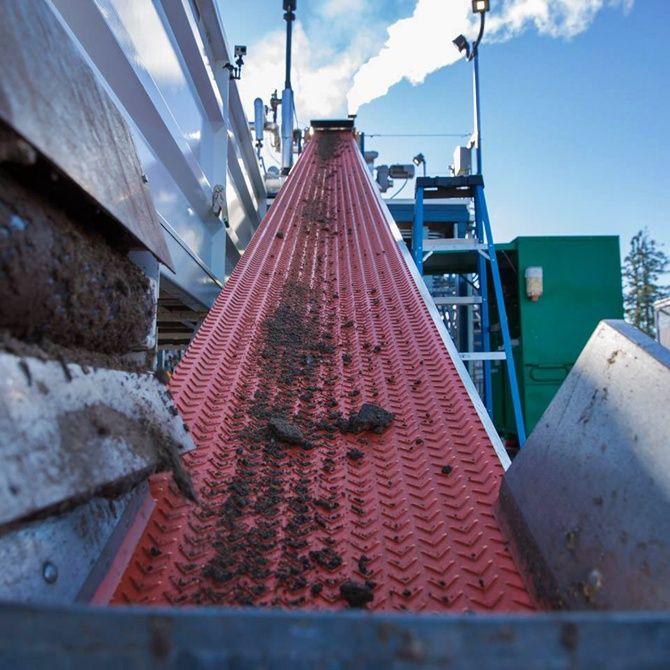The innovative sewage plant can turn human faeces into electricity and clean drinking water.

Billions of people who suffer due to contaminated water supply and do not even have access to clean drinking water will benefit from this amazing invention.
Around 2 billion or 35 per cent of the world’s population lack proper sanitation facilities. To make matters worse, human waste contaminates drinking water putting the lives of millions people and children in danger.
According to Microsoft co-founder Bill Gates, the solution is to build a safe and affordable way to get rid of human waste, so that millions of lives are saved and children can grow up in a healthy environment.

Backing a game changer project, Gates has joined hands with a Seattle-based company, Janicki Bioenergy to develop a plant, which can turn human faeces into potable water and electricity.
The plant called Omniprocessor has been designed and built by Seattle-based Janicki Bioenergy and supported by the Bill and Melinda Gates Foundation.
The facility burns human waste at a high temperature (1000 degrees Celsius) so there is no foul smell and it meets all the emissions standards set by the US government.
After tasting the water treated at the plant, Gates said in his blog post, “It tasted as good as any I’ve had out of a bottle. And having studied the engineering behind it, I would happily drink it every day. It’s that safe.”

Explaining the new technology could be game changer in countries like India, Bill Gates in blog says, “Diseases caused by poor sanitation kill some 700,000 children every year. If we can develop safe, affordable ways to get rid of human waste, we can prevent many of those deaths and help more children grow up healthy.”
The machine's water treatment uses multiple filters to ensure safe and pure water.
With the use of a steam engine, it produces more than enough energy to burn the next batch of waste. “The next-generation processor, more advanced than the one I saw, will handle waste from 100,000 people, producing up to 86,000 liters of potable water a day and a net 250 kw of electricity,” Gates explains in his blog.

Janicki Bioenergy’s founder Peter Janicki has travelled to Africa and India to study how these plants can be cost effectively implemented.
Gates aims to make the processors cheap so that entrepreneurs in countries like India can invest and start waste-treatment businesses.
“The processor would turn waste into a commodity with real value in the marketplace. It’s the ultimate example of that old expression: one man’s trash is another man’s treasure,” Gates sums up his commitment to the latest project.










